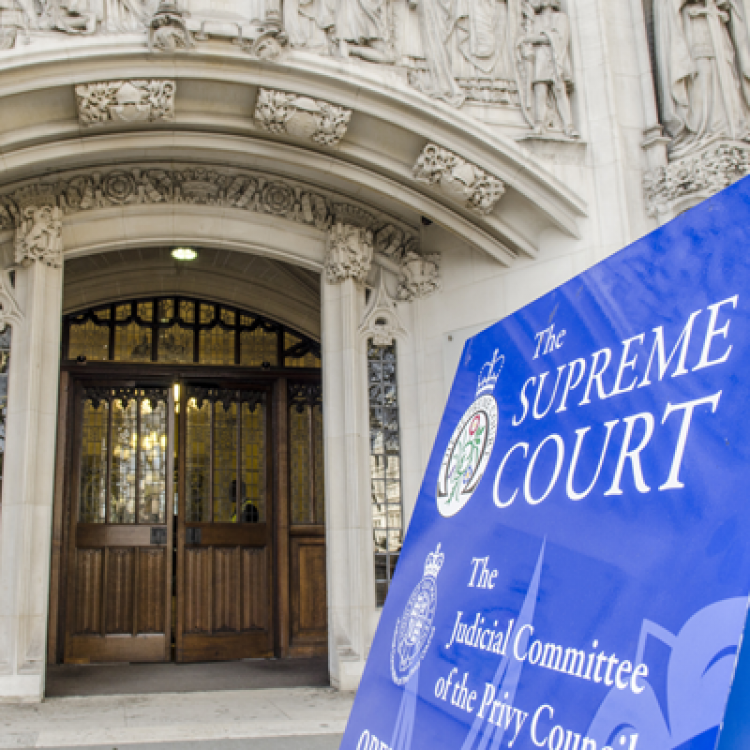Supreme Court dismisses insurer appeals in FCA test case

Airmic has welcomed the Supreme Court ruling of 15 January dismissing appeals from insurers to the original judgement and allowing four from the Financial Conduct Authority in its case against Arch and Others.
The 112-page Supreme Court judgement concerns appeals brought by both parties and interveners in response to the Covid-19 business interruption insurance test case that was first ruled on by the High Court on 15 September, 2020.
The full background and summary of the Supreme Court decision is outlined by Herbert Smith Freehills, who represented the FCA in the test case, here. In short, however, the FCA’s purpose was to “determine issues of principle on policy coverage and causation under sample insurance wordings in the context of the significant business interruption losses suffered by businesses as a result of the Covid-19 pandemic”.
While 21 sample wordings were considered, the FCA estimates that around 700 types of policies held by 370,000 policyholders across 60 different insurers could potentially be affected.
“The Supreme Court’s landmark ruling on the FCA's business interruption insurance case for Covid-19 claims is one of the most important legal issues of the last decade,” said John Ludlow, CEO of Airmic. “Affected policyholders will welcome the ruling to unanimously dismiss insurers’ appeals and to substantially allow all four of the FCA’s appeals in favour of policyholders.”
The judgement included resolution of issues including, but not limited to disease clauses, prevention of access and hybrid clauses, causation and pre-trigger losses.
On Friday, 15 January Julia Graham, deputy CEO and technical director, said: “This morning’s decision by the Supreme Court represents positive news for hundreds of thousands of commercial insurance buyers across the UK. The Supreme Court’s ruling completes the legal process for impacted policies and means that many more claims can now be processed and paid out to businesses that are already feeling the strain during the pandemic period.”
In the Herbert Smith Freehills briefing bulletin, the firm added the judgement was “very good news for policyholders” and would improve their position significant beyond what was established by the High Court judgement.
“Although the Supreme Court construed the disease clauses more narrowly than the High Court, it gave broader interpretations to key coverage words in the prevention of access / hybrid wordings (especially as to partial closure of a business) and, most significantly, its findings on causation mean that it will be very challenging for insurers to deny cover, or reduce an indemnity otherwise due to an insured, on the basis that losses that would otherwise be covered under the policy would have resulted in any event from uninsured perils whose underlying cause is the Covid-19 pandemic,” HSF added.
“This will have significant implications in real terms for the indemnities received by policyholders.”
Mr Ludlow said it was important to view the case and judgement within the broader context of the harsh market conditions experienced over the previous two years and is expected to continue in 2021.
“The rocky business conditions felt by many during the pandemic and the resultant economic downturn have been met with hard insurance market pricing during recent renewals discussions,” he said.
“Many of the insurance buyers affected by the FCA’s BI case are long-term insurance partners; now that many more of these BI claims are to be paid, it will be to the benefit of enduring relationships between carriers and their policyholders, which in many cases were already strained not just by this case but by recent market conditions. This news should be viewed within that broader context.”
